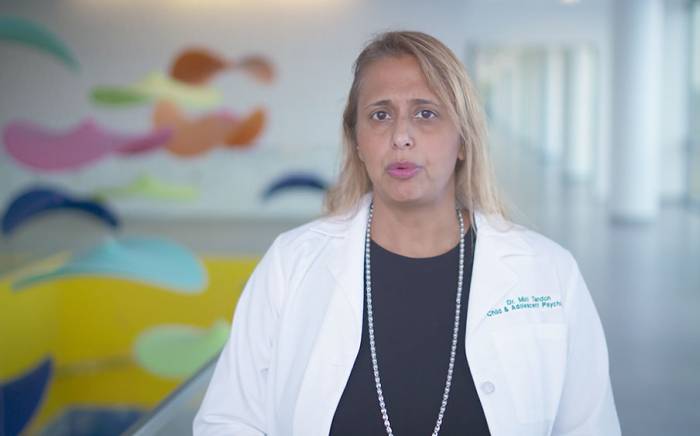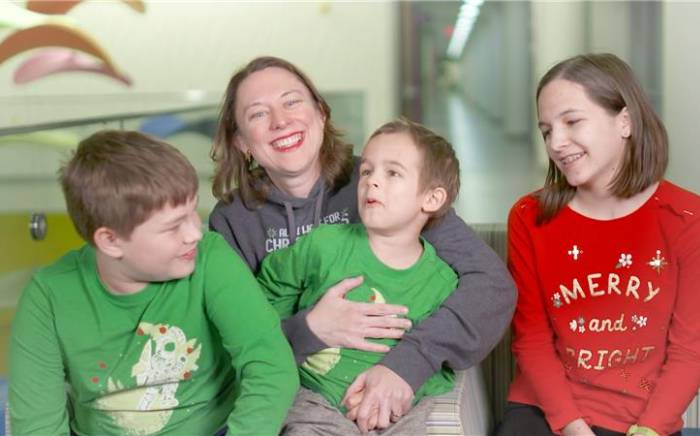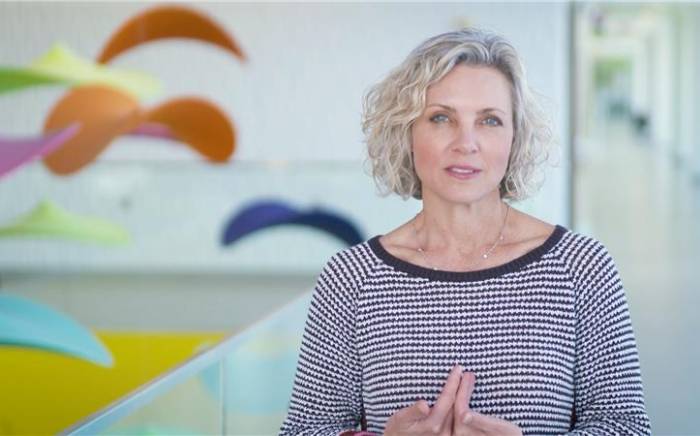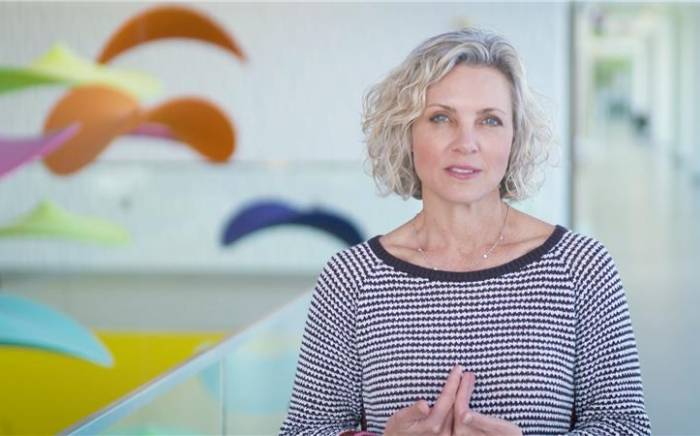The Neuromuscular Program team is skilled in caring for the special needs of children with neuromuscular conditions. To lessen the anxiety for patients and parents, our team uses a child-friendly approach to our diagnostic testing and therapeutic procedures. We perform tests and treatments with the least invasive and lightest sedation method possible.
We have extensive experience performing lumbar punctures for intrathecal medication administration in patients with spinal muscular atrophy using an oral sedative instead of general anesthesia. Our complete pediatric anesthesia team is on-site and is experienced in caring for children with neuromuscular disorders. General anesthesia is available when needed.
Dr. Zaidman is an expert in neuromuscular ultrasound. He lectures globally about this pain-free technique for investigating nerves and muscles. In addition to caring for children in our combined clinic, Dr. Zaidman performs electrodiagnostic testing himself using a child-friendly approach. He is often able to perform this diagnostic test without sedation, or with light sedation, rather than general anesthesia.
Diagnostic Testing
The following tests are available, if indicated, for your child’s condition:
- Genetic testing
- Muscle MRI
- Muscle and nerve ultrasound
- Electromyography and nerve conduction studies
- Muscle and nerve biopsy
- Lumbar puncture (spinal tap)
Health Maintenance Testing
The following tests are available, if needed, for your child:
- Pulmonary function tests
- Echocardiogram & EKG
- Bone Health X-rays
- DEXA scan and Vitamin D
- Endocrine function tests
The Neuromuscular division of the Department of Neurology and St. Louis Children’s Hospital offer complete in-house pathology services for muscle and nerve biopsies. Our team can thoroughly evaluate each patient’s condition and determine optimal treatment options. Our neuromuscular pathology lab is a world leader in nerve and muscle biopsy pathology and antibody testing for neuromuscular disorders.
As an MDA-affiliated care center, we follow the guidelines and recommendations of patient advocacy groups, including Parent Project MD and CureSMA.







